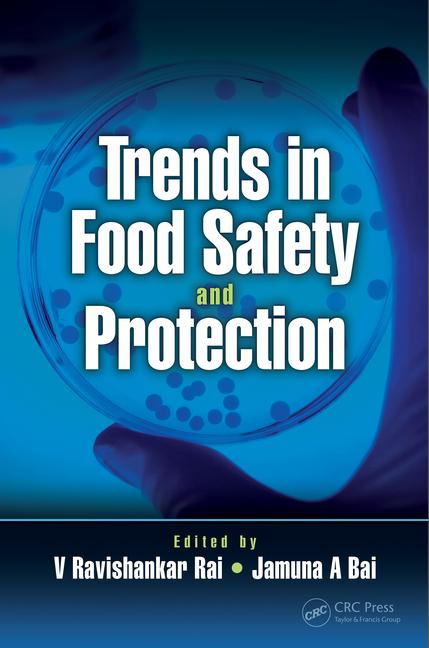Organizations Petition FDA to Deny BPA Approvals, Limit Use in Food and Beverage

yanik88/iStock / Getty Images Plus via Getty Images
On Thursday, January 27, 2022, a group of physicians, researchers, and public health and environmental organizations petitioned the U.S. Food and Drug Administration (FDA) to rescind its approvals for bisphenol A (BPA). The petition called FDA to revoke its approval for BPA in adhesives in coatings and set a strict limit on its use in plastics that are used for food.
The European Food Safety Authority (EFSA) recently released new findings that show that harmful effects from BPA exposure can occur at levels that are 100,000 times lower than previously found. The "safe level" is more than 5,000 times less than the levels to which what FDA says most Americans are safely exposed.
The coalition, which includes Consumer Reports, is asking FDA to limit uses of BPA in food contact articles in which the BPA may migrate into food.
The rest of the coalition includes the Environmental Defense Fund, Breast Cancer Prevention Partners, Clean Water Action/Clean Water Fund, Endocrine Society, Environmental Working Group, Healthy Babies Bright Futures, Dr. Maricel Maffini, and Dr. Linda Birnbaum, previously associated with the National Institute of Environmental Health Sciences and National Toxicology Program.
BPA can be used to make polycarbonate and other plastics, which can be found in food containers, tableware, pitchers, storage containers, and other packaging. The chemical is also used in epoxy resins that line the inside of metal products and bottle tops. BPA is believed to be able to migrate from containers or equipment into foods and beverages.
EFSA's panel of experts produced findings that show that BPA's effects are worse than previously thought. Even low exposures to BPA can lead to extreme inflammation, produced by an overactive immune system, as well as ovarian changes, endocrine disruption, and short-term memory and learning issues, says the panel.
Update, June 8, 2022: The U.S. Food and Drug Administration said that it is reconsidering its stance on bisphenol A (BPA) in food contact materials due to new evidence of BPA’s harmful effects on human health.
The Environmental Defense Fund (EDF), a cosigner of the January 2022 petition, states that, since the filing of the petition, another study has emerged that demonstrates the harmful effects of BPA. The study linked fetal BPA exposure to higher rates of asthma and wheezing in school-aged girls, suggesting that BPA has an effect on children’s immune systems.
Looking for a reprint of this article?
From high-res PDFs to custom plaques, order your copy today!









